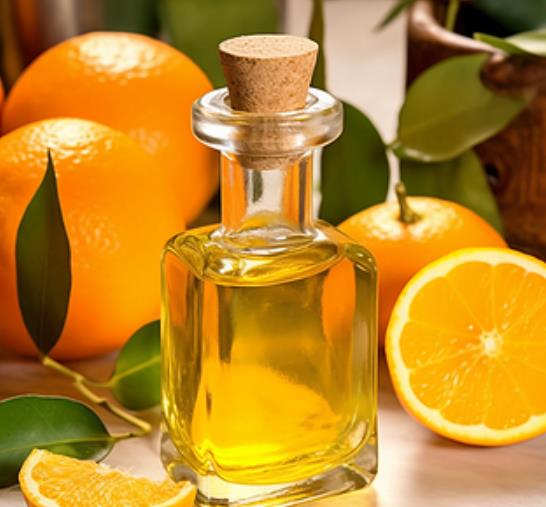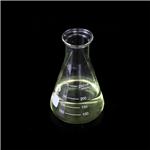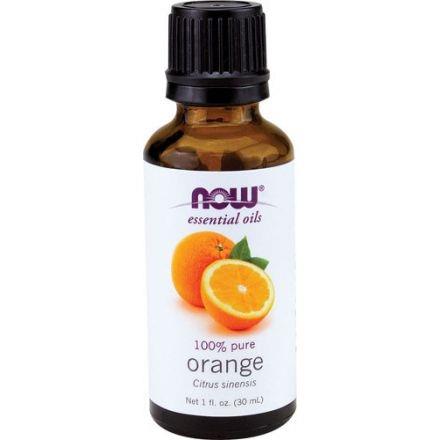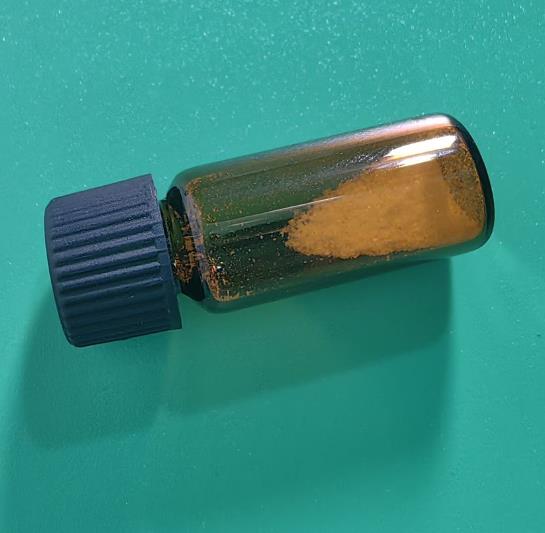The purpose, production process, and storage method of Mandarin oil
Introduction
Mandarin oil, derived from the peel of the Mandarin orange (Citrus reticulata), has been celebrated for centuries, not just for its delightful fragrance but also for its multitude of health benefits. In recent years, this essential oil has gained remarkable attention among chemists and industry professionals, thanks to its versatile applications ranging from aromatherapy to skincare, and even food flavoring[1].

Fig. 1 Characteristics of Mandarin oil
Benefits of Mandarin Oil
Therapeutic Properties
At the heart of Mandarin oil's appeal is its rich composition of monoterpenes, including limonene, γ-terpinene, and α-pinene, which confer powerful anti-inflammatory, antispasmodic, and antibacterial qualities. Studies have shown that these components can significantly reduce inflammation markers in the body, offering a natural remedy for conditions like arthritis and eczema. The antispasmodic properties make it an effective treatment for muscle spasms and abdominal discomfort, while its antibacterial capabilities suggest its potential in wound care and as a component in natural disinfectants.
Aromatherapy Advantages
Mandarin oil is a prized asset in aromatherapy, attributed to its ability to soothe the mind and improve mood. The presence of limonene and other volatile compounds contributes to its calming effect, helping reduce stress and anxiety levels. Additionally, research indicates that the inhalation of Mandarin oil can enhance sleep quality, making it a valuable natural solution for individuals struggling with insomnia.
Skin Health
The cosmetic industry values Mandarin oil for its ability to promote skin health. It stimulates the growth of new cells and tissues, aiding in the healing process of skin damage. Its role in collagen production is particularly noteworthy, as this helps maintain the elasticity and youthfulness of the skin. Furthermore, its antibacterial and anti-inflammatory properties make it an effective ingredient in acne treatment formulations, reducing the occurrence of breakouts and aiding in the healing of scars.
Uses in Various Industries
Cosmetics and Skincare
Mandarin oil is a staple in the cosmetic and skincare industry, revered for its natural origin and multifaceted benefits. Its ability to enhance skin health, combined with its aromatic appeal, makes it a preferred ingredient in creams, serums, and essential oil blends. Manufacturers leverage their collagen-boosting and skin repair properties to formulate anti-aging products and treatments for skin conditions such as acne and scars. Additionally, its mild nature makes it suitable for sensitive skin, providing hydration without irritating.
Food and Beverage
In the food and beverage sector, Mandarin oil adds a burst of flavor to a variety of products, from beverages to confectioneries. Its tangy, sweet essence is not only used for flavoring but also for its digestive benefits. Chemists and food scientists ensure that the oil's incorporation complies with safety regulations and quality standards, making it a safe addition to consumables. Its natural antimicrobial properties further contribute to its appeal, serving as a preservative that extends the shelf life of food products without compromising their taste or health benefits.
Healthcare and Pharmaceutical
The therapeutic properties of Mandarin oil have not gone unnoticed in the healthcare and pharmaceutical industries. Its antispasmodic and anti-inflammatory effects make it a candidate for natural remedy formulations aimed at relieving pain, spasms, and discomfort. Research is ongoing into its potential as an active ingredient in topical treatments and its role in reducing stress and promoting relaxation in palliative care. The interest in Mandarin oil within these sectors underscores the growing trend toward natural and holistic approaches to health and wellness.
Production Process
The production of Mandarin oil begins with the careful selection of Mandarin oranges, ensuring they are ripe and of high quality. The oil is primarily extracted through cold pressing, a method that involves pressing the peel to release the oil without the use of heat, thereby preserving its aromatic and chemical properties. Alternatively, steam distillation is used, especially for larger quantities, which involves passing steam through the plant material to vaporize the volatile compounds, which are then condensed and separated from the water[2].
Quality control is paramount in the production of Mandarin oil. Chemists conduct thorough analyses, including gas chromatography-mass spectrometry (GC-MS), to profile the chemical composition and ensure the oil's purity and potency. This step is crucial for identifying any potential contaminants and for guaranteeing that the oil meets the therapeutic grade required for its various applications.
Storage and Handling
Proper storage and handling are essential to maintain the integrity and efficacy of Mandarin oil. It should be stored in dark, airtight glass containers and kept in a cool, dry place away from direct sunlight and heat sources. These conditions help prevent oxidation and degradation of the oil's volatile compounds, ensuring its therapeutic properties are preserved.
The shelf life of Mandarin oil can vary, but generally, it is recommended to use it within two to three years from the date of distillation. Signs of degradation include changes in aroma, consistency, and color. Professionals handling Mandarin oil must be aware of these indicators to ensure the oil's quality and effectiveness in its applications.
References
[1]Dugo P, Bonaccorsi I, Ragonese C, et al. Analytical characterization of mandarin (Citrus deliciosa Ten.) essential oil[J]. Flavour and fragrance journal, 2011, 26(1): 34-46.
[2]Manassero C A, Girotti J R, Mijailovsky S, et al. In vitro comparative analysis of antiproliferative activity of essential oil from mandarin peel and its principal component limonene[J]. Natural product research, 2013, 27(16): 1475-1478.
Related articles And Qustion
Lastest Price from Mandarin oil manufacturers

US $0.00/KG2025-04-21
- CAS:
- 8008-31-9
- Min. Order:
- 1KG
- Purity:
- 99.0%
- Supply Ability:
- 1000KG/month

US $0.00/KG2025-04-15
- CAS:
- 8008-31-9
- Min. Order:
- 1KG
- Purity:
- 99%
- Supply Ability:
- 500000kg



